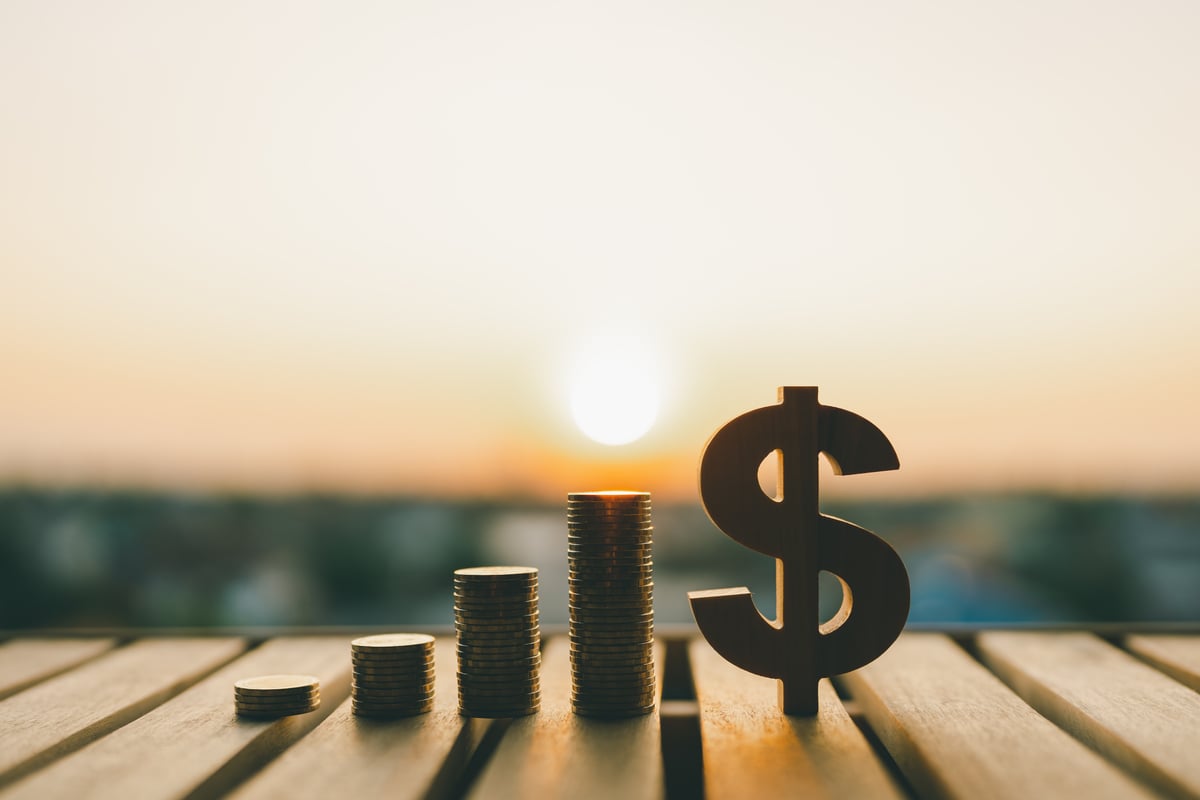It's been one month since the election, and Washington doesn't seem any closer to resolving the looming fiscal cliff. Meanwhile, investors despise the uncertainty it creates. Even some of the savviest investors are reacting by making short-term, emotional decisions with long-term dollars. How can a Foolish investor equip his or her portfolio to handle possible bumps -- and even cliffs?
On the precipice
As it currently stands, a slew of taxes will increase next year unless Congress averts the fiscal cliff. After the ball drops in Times Square, we'll face higher tax rates on personal income, dividends, and capital gains. It's tempting to dwell on the potential fallout.
But instead of worrying about something you can't control (the fiscal cliff), focus on something you can control (your long-term financial goals). Your aspirations likely won't change, regardless of what Congress ultimately decides. You still want to retire early or help fund your child's college education -- or both.
Brace yourself with a diversified portfolio that's built to handle many types of terrain. That means owning the appropriate mix of stocks, bonds, and cash for your overall financial situation and risk tolerance. If you've prepared for a rocky road, then you're well-positioned to navigate any year-end market worries about tax policy.
Preparing for potholes
To build a shock-absorbing portfolio, consider these five stocks. Their companies' simple business models and incredible brand strength are built to last for decades, regardless of bumps in the road.
Coca-Cola (KO +1.50%)
The cola giant has dominated the top spot on Interbrand's "Best Global Brand" list every single year since the list's 2001 inception. With its sensational brand, the company enjoys exceptional margins and continues to increase sales growth despite a challenging economic environment. And in a sweet bonus for shareholders, Coca-Cola has increased its dividend for 50 consecutive years.
Berkshire Hathaway (NYSE: BRK-A) (NYSE: BRK-B)
Under the leadership of Warren Buffett, Berkshire Hathaway is a holding company of many diverse businesses including insurance, railroads, manufacturing, and retail. Berkshire recently announced an unprecedented share repurchase plan, which is viewed as an indicator that Buffett thinks Berkshire trades cheaply. It's the first formal program of its kind in the company's history.
Apple (AAPL 0.21%)
Apple's elegant, intuitive, and functional products capture our attention and empty our wallets. Not only has Apple successfully managed a decade of meteoric growth, but it has done so in a fiscally responsible way. Apple has firmly secured its spot as the premier innovator in digital lifestyle solutions -- a trend that'll likely continue for many decades. It also possesses rock-solid financials and great management.
Johnson & Johnson (JNJ +1.42%)
Founded in 1886, J&J boasts a product line including leading positions in pharmaceuticals, medical devices, and consumer health products. This broad diversification helps smooth out the risk of a potential decline in any one product. Remarkably, no single product comprises more than 10% of company sales. Paying a dividend for nearly seven decades, J&J has uninterruptedly increased its payout for 50 years.
Procter & Gamble (PG +1.17%)
Consumer products companies succeed on the strength of their brands, and P&G's brand portfolio is unequaled. Regardless of the strength of the economy, people still need to buy diapers, soap, and toothpaste. A market share leader in many categories, P&G boasts 25 brands that generate sales in excess of $1 billion. Impressively, P&G is one of nine publicly traded U.S. companies that have paid uninterrupted dividends for 120-plus years.
Staying the course
While plenty of worrisome events have transpired during the past few decades, solid companies like these continue to deliver strong results. In fact, a portfolio of equal amounts of these five stocks returned nearly 14% annually during the past 20 years. Of course, looking in the rearview mirror when investing isn't wise -- but buying great companies with long track records of success through all market cycles is.
Spend more time studying your road map -- i.e., the directions to help guide you to your financial goals -- and less time watching the scenery. Taking a wrong turn will cost you more than the obstacles that seem to lie ahead, so focus on building a portfolio that can handle a rocky road.











